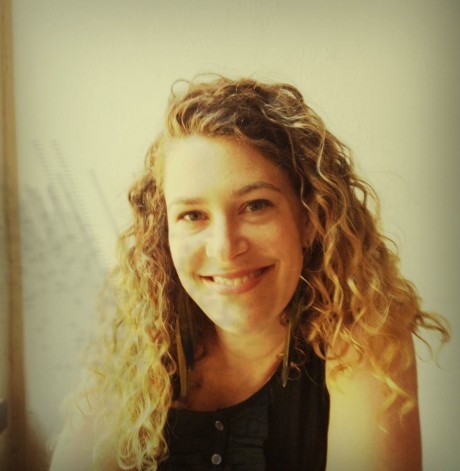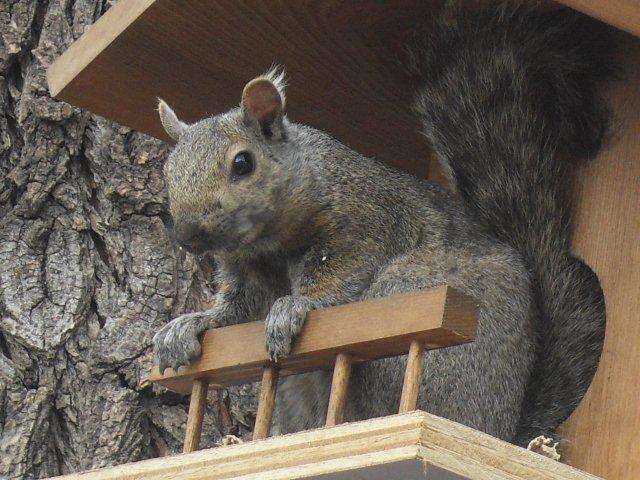 | |
| Arielle Greenberg |
- MFA programs are where you find out what to read.
- MFA programs are where you find out how to read.
- MFA programs can make workshop [sic] wonderful.
- MFA programs are where you find community.
- MFA programs are where you make connections.
- MFA programs are where you find yourself.
Obviously, the interest in poetry is strictly social and/or professional. Such poetry is like a business card, used to impress those who can advance our prospects. Usually, this entails self-perpetuation: teaching such networking to the next generation of networking teachers...and on and on it goes. Their motivation is neither cynical nor sinister. It is practical. There is no thought of an audience because poetry doesn't have one.* There is no thought of technique because there is no one to appreciate it.** There is no thought of mnemonics because that which everyone ignores isn't worth memorizing or quoting. Instead, these academics, actual or aspiring, are like 7th-9th century Irish monks preserving literature against the indifference, repression and upheavals of their Age (Dark or Modern). It is a noble and vital endeavor.
Still, you have to wonder: "What would a Creative Writing course look like if it were geared toward producing poetry that people might actually want to hear?"
Stay tuned!
New Creative Writing Syllabus for Poetry:
- Introductions
- Markets
- Forms, media and venues
- Subjects and objects
- Critique: Workshopping with knowledgeable peers
- Criticism versus promotion
- Presentation
Footnotes:
* That this might be a causation spiral would be dismissed as mere speculation.
** For what it's worth, slam poetry isn't drawing a lot of nonparticipants either.


No comments:
Post a Comment
Your comments and questions are welcome.